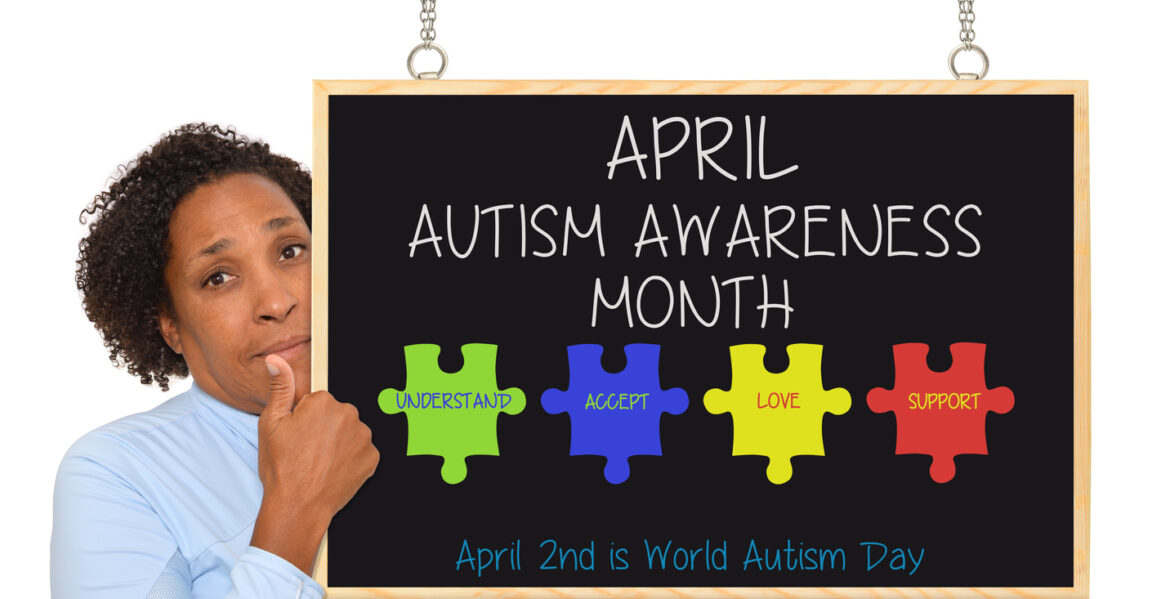April heralds more than just the beginning of spring; it’s also the marked Autism Awareness Month. Originally intended to provide information on this lifelong neurodevelopment disorder, the month has grown to be a time of inclusion, advocacy, and understanding. For parents, educators, and healthcare professionals, the month is a platform for important conversations about a condition that affects millions worldwide.
Today we explore the depths of autism, discuss its unique impacts on people of color, shine a light on the experiences of public figures, and provide a platform for understanding and empathy.

Understanding Autism
Before we can elaborate on the intricacies of autism, it is crucial to understand what it is. Autism, or autism spectrum disorder (ASD), refers to a broad range of conditions characterized by challenges with social skills, repetitive behaviors, speech, and nonverbal communication. The Centers for Disease Control and Prevention (CDC) reports that approximately one in 54 children in the United States has been diagnosed with ASD.
For those on the autism spectrum, each experience is unique, as the spectrum is vast and varied. Some individuals with autism require significant support in their daily lives, while others can live fully independently, with a great range of abilities and challenges shared by each.
The Intersection of Autism and Race
It is well-documented that there are disparities in the diagnosis and treatment of autism between races. Often, children of color are diagnosed at a later age, which can result in a delayed start for critical interventions. The reasons behind this discrepancy are complicated, involving cultural stigma, access to healthcare, and differing social expectations.
This complexity requires a multi-faceted approach, one that ensures all children, irrespective of their background, receive the assistance they need to thrive. For communities of color, opening up about autism and the services available is key to improving the lives of individuals diagnosed with ASD.
Autistic Role Models in the Public Eye
The experiences of public figures who have been diagnosed with or have a loved one diagnosed with autism can bring a powerful magnifying glass to the realities of the condition. Their stories not only humanize autism but also offer inspiration and advocacy to those touched by the condition.
For instance, rapper Fat Joe‘s outspoken mission to bring awareness and acceptance of autism to the masses is both unifying and empowering. His belief that the day his son was born was ‘the best day ever’ echoes the sentiment of many parents who love and support their autistic children.
Similarly, Muni Long, a Grammy-winning singer, discovered her own diagnosis and shared that it ‘explains so much’ about her behavior, providing a pathway for personal understanding and self-advocacy. These voices, amplified in the public sphere, serve to educate and encourage acceptance.

Takeaways for Autism Awareness Month
Autism Awareness Month is a time to absorb these stories, share personal experiences, and commit to spreading understanding and acceptance. It’s not just about acknowledging autism; it’s about making space for autistic individuals in every aspect of life and valuing their diverse contributions.
Initiatives such as sensory-friendly events, work programs, and community inclusion programs are practical ways to extend a hand of support and inclusion. This April, and every month, be the change in someone’s life by becoming an advocate for autism awareness and acceptance.

